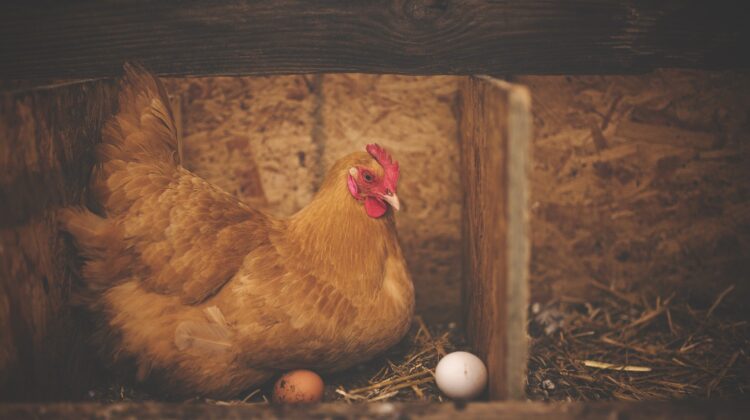While the threat of contracting the virus is low, the nearby Hastings Prince Edward Public Health is urging caution about the avian flu.
The health unit says Avian Influenza A has been detected in a flock of chickens in its medical region and is warning against handling wild birds, alive or dead. The disease can kill wild and domestic birds, but humans who contract the disease can develop fever, cough, red eyes, or shortness of breath, similar to COVID-19.
Those who are in contact with birds are asked to wear gloves or use a doubled plastic bag. Handlers should avoid contact with blood, body fluid and feces, and wash their hands with warm water and soap afterwards. Public Health also stresses that properly cooked poultry is not a source of avian flu.
Meanwhile, the Canadian Food Inspection Agency says it’s an unprecedented year for avian flu or “bird flu” around the world.
Officials say the virus has spread quickly since the first reports of it being detected in wild birds. The H5 strain of avian flu is a viral infection that spreads easily and quickly among birds. There is no current treatment and there remains a high rate of avian deaths.
In Canada, there have been cases found in provinces including Ontario and Alberta. Farmers are being urged to remain vigilant and use strict biosecurity measures to help protect their flocks.
Those who find sick or dead wild birds should call the Canadian Cooperative Wildlife Health Centre at 1-800-567-2033.
With files from Wendy Gray and Trevor Smith-Millar


